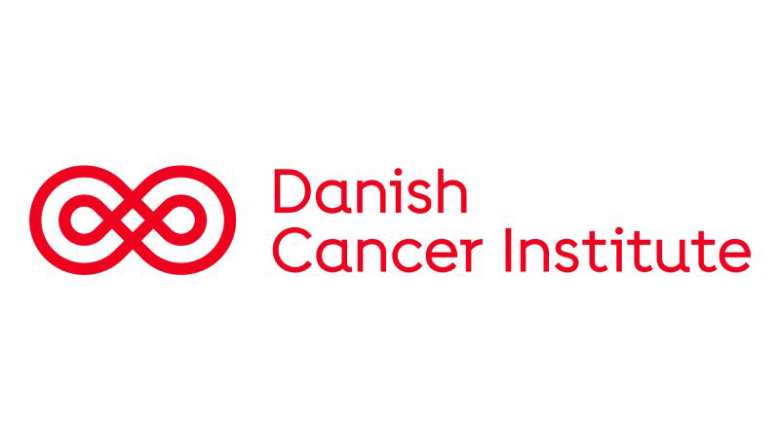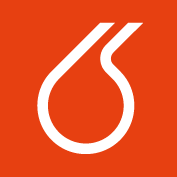
Danish Cancer Institute
15. 4. 2025
Martin Štípala
Postdoctoral Position(s) in Glioblastoma Biology, Pathogenesis and Genome Instability, at the Danish Cancer Institute
- The Danish Cancer Society is seeking candidates for postdoctoral position(s) in the Genome Integrity Group at the Danish Cancer Institute
About us
- The Danish Cancer Society has its own research centre, consisting of 23 research groups and several core facilities, with around 250 researchers dedicated to basic, translational and epidemiological cancer research, at the internationally highly competitive level.
- The Genome Integrity Group headed by Professor Jiri Bartek focuses on mechanistic understanding of genome stability, cell cycle control, DNA damage response and deregulation of these fundamental processes in cancer development, including discovery of tumor cell-selective stress-tolerance mechanisms that provide cancer cell vulnerabilities targetable by innovative treatments. While this open project will focus on brain tumors and the role of the Human cytomegalovirus in glioblastoma pathogenesis, the group has a broad expertise in diverse human cancer types and fields of cell and molecular biology, signaling, biochemistry, bioinformatics, metabolomics, biomarkers and new treatments including drug repurposing.
- We have discovered several important cell cycle and genome integrity checkpoint pathways and pioneered concepts such as the role of replication stress, G1/S control and DNA damage response in cancer development, often published in recognized journals such as Nature, Science or Cell.
- We have a broad international collaborative network, and the selected candidate(s) will benefit from visits at our collaborating laboratories in Sweden and Finland. For more information, please visit our websites at https://www.cancer.dk/research/
About the position
- The successful candidate will carry out projects focused on the investigation of glioblastoma pathogenesis, particularly the mechanistic basis of the emerging causal role played by the Human Cytomegalovirus in brain cancer development.
- The project will combine the use of cell and molecular biology, signaling, diverse omics approaches including metabolomics, proteomics, DNA and RNA sequencing, high-content microscopy, gene manipulation, virology and cell culture as well as animal models.
- The candidate is expected to closely collaborate with other members of the team and with our collaborators on this project at the Karolinska Institute in Stockholm and University of Turku, participate in scientific conferences, help supervise students and be involved in writing publications.
About you
- We are looking for a highly motivated and enthusiastic candidate with the following qualifications:
- PhD degree in molecular genetics, cell biology, biochemistry or equivalent from an internationally renowned university or research center
- Excellent technical skills and strong experience with molecular, biochemical and cell biology-based techniques, especially microscopy, gene manipulation, cell culture and cancer biology;
- Documented experience in glioblastoma pathobiology, brain research and work with the viruses, especially the Human Cytomegalovirus would be a significant advantage.
- A strong publication profile related to the areas of cancer biology, genome (in)stability and role of viruses, metabolic rewiring in cancer pathogenesis are expected
- Familiarity with virology, coding and omics dataset analysis is an advantage
- Experience in student supervision and project management is welcome
- Excellent oral and written communication skills in English
We offer
- We offer creative and stimulating working conditions in a dynamic international research environment with an inclusive and collaborative working culture.
- Our laboratories are equipped with modern interior and state-of-the-art technology, located in a pleasant and beautiful area near central Copenhagen.
- You will join a stimulating working atmosphere, with weekly seminars, invited speakers, a young researcher association, as well as strong administrative and technical support.
- We offer several benefits for the personnel, such as an excellent canteen, a daily selection of free fruit, and sport activities. Working hours are of course smoke-free.
- The everyday working language in the team is English.
- The recently renovated laboratories are equipped with state-of-the-art instruments.
- Core facilities at the Research Institute, including: Level P2 laboratory for work with viruses, Bioimaging, Lipidomics/metabolomics, Flow cytometry/cell sorting, Bioinformatics, CRISPR/ gene editing and chemical-biology high-throughput screening facilities, nucleic acid sequencing, histology laboratory and animal house facility are available to all employees.
- We have be-weekly seminars, hands-on workshops, international speakers and Young Researchers Association.
- Benefits for employees include health-conscious canteen, free fruit and sport activities. The everyday working language is English and the Center is smoke-free.
Working conditions:
- 37.5 hours a week with lunch break included.
- A competitive salary with a range of benefits will be provided according to the current agreements between the Danish Cancer Society and the relevant trade union.
- Non-Danish and Danish applicants may be eligible for tax reductions, if they hold a PhD degree and have not lived in Denmark in the last 10 years.
Additional information
- More information can be obtained directly from the group leader Professor Jiri Bartek jb@cancer.dk
Application and closing date for applications
- The deadline for application is May 10th, 2025. Selected candidates will be invited for an interview.
- The position is available from June 1st, 2025 or as soon after that date as possible (negotiable) for the duration of 2 years with a possibility of extension for up to additional 2 years.
The application should be written in English and must be submitted electronically through our website: www.cancer.dk/om-os/stillinger, via the link 'Apply for position'.
The application should contain:
- A CV, including description of research-related skills and a list of publications
- A motivation letter
- A copy of the PhD and MSc diploma (or expected date of obtaining a PhD diploma if not finished yet)
- Names and contact information of two-three scientists from previous working place(s) as a reference
- https://candidate.hr-manager.net/ApplicationInit.aspx?cid=1572&ProjectId=145488&DepartmentId=18958&MediaId=5&SkipAdvertisement=False






